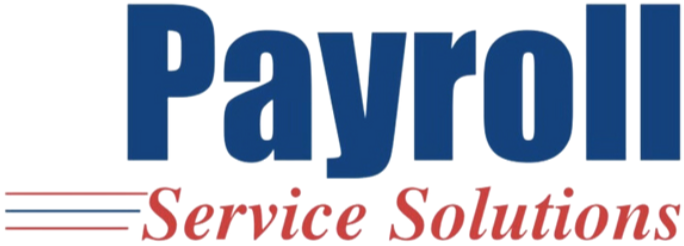Is managing payroll and keeping up with taxes and regulations becoming a challenge for you? Navigating payroll taxes and ensuring employees are paid on time can be overwhelming, especially when it comes to understanding which taxes you are required to pay as an employer. Whether you manage payroll in-house or are looking to outsource your payroll, Payroll Service Solutions is here to help you through this process.
What Are Payroll Taxes?
Employer payroll taxes are incurred when businesses hire and pay people. They are typically paid by both employers and employees, though some are paid only by the employer. These taxes fund various federal and state programs, including Social Security, Medicare, and Unemployment. For employers, staying compliant with payroll tax regulations is crucial, and knowing which taxes are required can help you avoid significant penalties in the future.
Payroll Tax Liabilities
Here are some popular tactics used to execute payroll scams:
1. Federal: Employers must withhold Federal Taxes from employees based on their tax setup. Employees complete the IRS Form W-4 to indicate the correct amount of federal tax to withhold from an employee’s paycheck.
2. State Tax: Employees are required to pay state tax on income earned in the corresponding state. Each state has their own tax rate, for example PA State Withholding is a flat 3.07%.
3. Social Security and Medicare Taxes: Employers and employees are both required to pay a portion of Social Security and Medicare taxes, known as FICA (Federal Insurance Contributions Act) taxes. As of 2024, the Social Security tax rate is 6.2% for the employer and employee, or 12.4% total. The rate for Medicare is 1.45% for the employer and employee, or 2.9% total with an additional 0.9% for high earners.
4. Local Taxes: Employers must pay local taxes on employee wages and local business taxes based on their location. They are required to file taxes regularly. Not paying local taxes can cause issues for business owners come tax time.
5. SDI/SUI Unemployment Tax: With a few exceptions, Pennsylvania, New Jersey and Alaska currently require employees to pay into the unemployment tax fund. Pennsylvania for example has a tax rate of .06%.
6. FUTA (Federal Unemployment Tax Act): FUTA is a tax employers must pay – employees are not required to pay into FUTA. The FUTA tax rate is 0.6% of the first $7,000 paid to each employee annually.
7. SUTA (State Unemployment Insurance) : SUI taxes are taxes that employers pay to fund state unemployment benefits for workers who lose their jobs. The State Unemployment Insurance Tax rates and regulations vary by state.
Utilizing Payroll Service Solutions
Managing payroll and understanding taxes can be overwhelming, especially for small businesses. This is where Payroll Service Solutions can support your business. Many businesses opt for payroll providers to automate their payroll processes, ensuring full compliance with tax regulations.
Benefits of Payroll Service Solutions:
- Personalization: We offer personalized services tailored to your company’s needs and are with you through every step of the process.
- Compliance: Our tax experts keep you updated on all new payroll and tax legislation to remain compliant and avoid penalties.
- Timesaving: Add more time back to focus on your daily operations while we handle your tax needs.
- Easy Tax Filing: With flexible payroll reporting and delivery options – you can submit payroll via phone, email, or our portal. Our flexible delivery options include next-day delivery, Fedex, online and local pickup.
With a personalized approach, we will keep you informed on all payroll tax and compliance updates. We ensure compliance with payroll tax obligations, giving you back valuable time to focus on what’s important – growing your business. Let us alleviate the stress of payroll management and become your trusted payroll service provider. Contact PSS and allow the experts to handle your payroll taxes efficiently.
